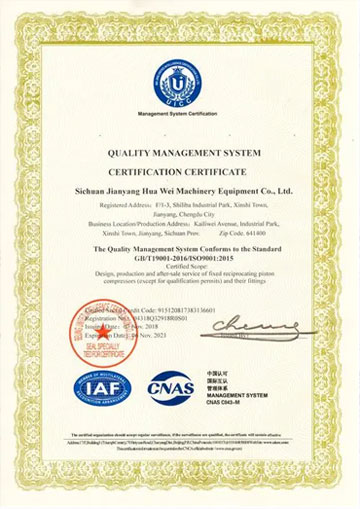

Quality Metal Washers Available for Purchase at Competitive Prices Today
Kas . 08, 2024 12:12 Back to list
Quality Metal Washers Available for Purchase at Competitive Prices Today
Metal Washers for Sale A Comprehensive Guide for Buyers
When it comes to construction, manufacturing, or DIY projects, small components can make a significant impact on the overall success of the endeavor. One such crucial component is the metal washer. Often overlooked, these little discs perform essential functions, from distributing loads to preventing leakage. This article will explore the various types of metal washers available for sale, their applications, and how to choose the right ones for your needs.
Understanding Metal Washers
Metal washers are flat pieces of metal that feature a hole in the center. They are used primarily to distribute the load of a threaded fastener, create a smooth surface for fastening, prevent loosening, and protect surfaces from damage. Washers are typically made from various metals, including steel, stainless steel, brass, and aluminum. Each type offers unique properties suitable for different environments and applications.
Types of Metal Washers
1. Flat Washers The most common type, flat washers provide a smooth bearing surface and help distribute the load of a fastener. They are essential in preventing damage to the material being fastened and minimizing friction.
2. Lock Washers These are designed to prevent nut and bolt loosening under dynamic loads. Lock washers come in several designs, such as split, tooth, and wave, each providing varying degrees of locking capabilities.
3. Fender Washers With a larger outer diameter than a regular flat washer, fender washers are used when you need to cover a larger surface area or to distribute load on a thin or soft surface.
4. Belleville Washers Also known as spring washers, these conical washers provide a spring-like effect, helping to maintain tension and reduce the risk of loosening.
Applications of Metal Washers
Due to their versatile nature, metal washers find applications across various industries. In automotive manufacturing, they are used to secure components and provide stability. In construction, they serve to reinforce connections in structural frameworks. Electrical applications often see washers used for grounding and insulating purposes. Even in home repair projects, having the right washers can be critical to a successful assembly.
metal washers for sale

Choosing the Right Metal Washer
When purchasing metal washers, it’s essential to consider several factors to ensure you select the right type for your application
- Material Select a material that suits your specific needs. Stainless steel is ideal for environments prone to corrosion, while brass offers good conductivity for electrical applications.
- Size Make sure to choose a washer that fits well with the corresponding fasteners. Measure both the inner and outer diameters carefully.
- Thickness The thickness of a washer can affect its ability to perform certain functions, especially in load distribution and surface protection.
- Quantity Depending on your project scale, you may need to purchase washers in bulk. Suppliers often offer discounts for bulk purchases, which can be beneficial for larger projects.
Where to Buy Metal Washers
Metal washers can be found in a variety of places, from local hardware stores to specialized suppliers and online marketplaces. When shopping for metal washers, consider factors such as price, availability, and shipping options. Online retailers often provide a broader selection and competitive pricing, making them a popular choice for many buyers.
Conclusion
Metal washers may seem like small components in the grand scheme of construction and manufacturing, but their importance cannot be understated. By understanding the different types of washers available and their appropriate applications, you can make informed decisions that enhance the efficiency and effectiveness of your projects. Whether you're a professional or a DIY enthusiast, having the right metal washers in your toolkit is essential for achieving optimal results.
Latest news
-
Premium Self Tapping Metal Screws: Strong & Easy Install
NewsAug.02,2025
-
Premium Fasteners Manufacturer | AI-Driven Solutions
NewsAug.01,2025
-
Hot Dip Galvanized Bolts - Hebei Longze | High Strength, Corrosion Resistance
NewsAug.01,2025
-
High-Strength Hot Dip Galvanized Bolts - LongZe | Corrosion Resistance, Custom Sizes
NewsAug.01,2025
-
Best Self Tapping Screws for Drywall - Fast & Secure Installation
NewsJul.31,2025
-
High-Strength Hot Dip Galvanized Bolts-Hebei Longze|Corrosion Resistance&Customization
NewsJul.31,2025

